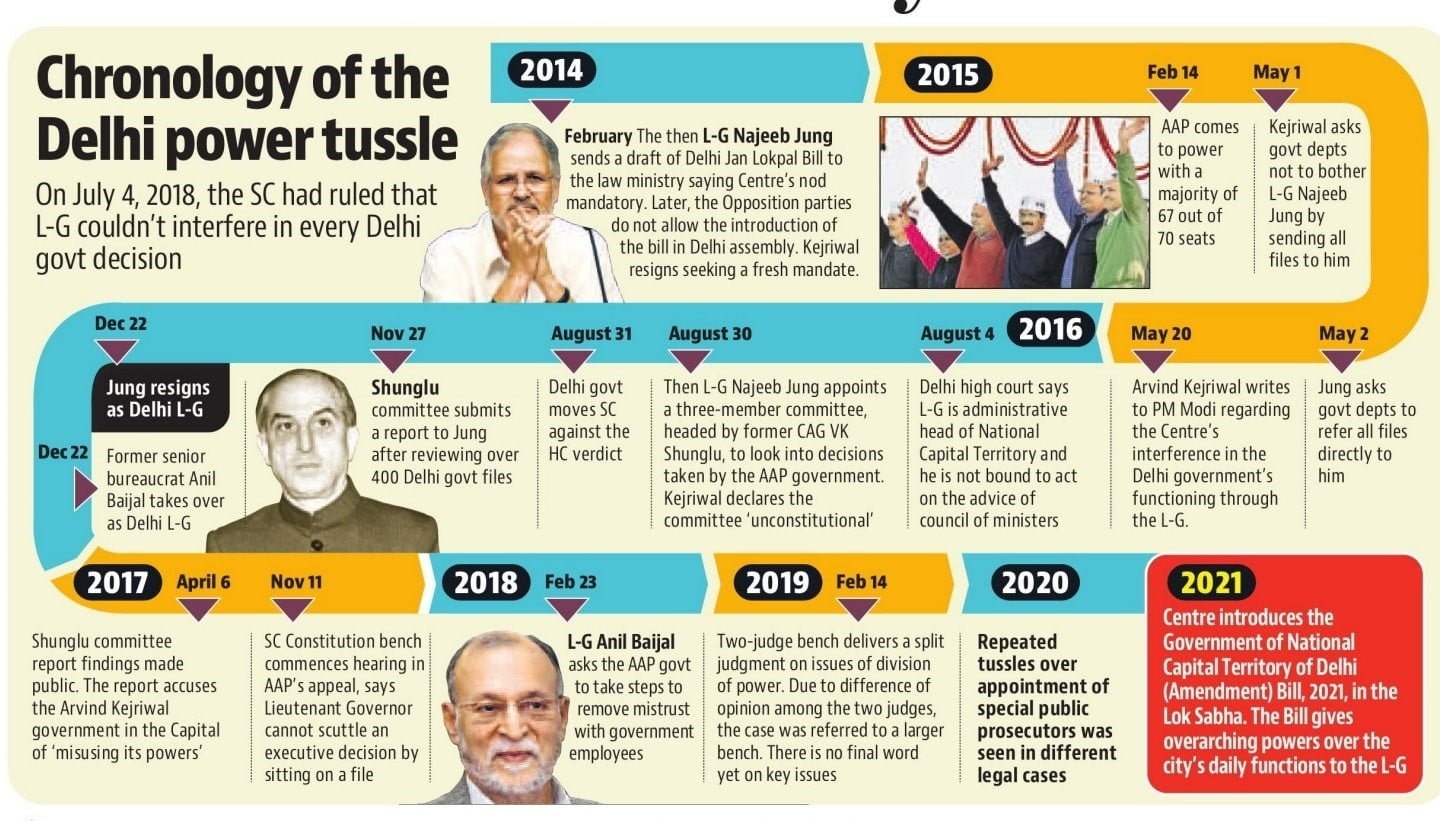
Indian Stamp Bill, 2023
Subscribers of "Current Affairs" course can Download Daily Current Affairs in PDF/DOC
Subscribe to Never Miss an Important Update! Assured Discounts on New Products!
Must Join PMF IAS Telegram Channel & PMF IAS History Telegram Channel
- Context (IE): The GoI has proposed repealing the Indian Stamp Act (ISA) of 1899 and bringing in a new law (Indian Stamp Bill, 2023) for stamp duty in the country.
Indian Stamp Act, 1899
- The ISA, 1899 is a money-related statute that lays down the law relating to the tax levied in the form of stamps on instruments recording transactions.
- Section 2 of the Act: An instrument includes every document by which any right or liability is or purports to be created, transferred, limited, extended, extinguished or recorded.
- Section 3 of the Act: It prescribes that specific instruments or documents shall be chargeable with the amount indicated in Schedule 1 of the Act.
- These include bills of exchange or promissory notes.
Definition of Stamp
- A “stamp” has been defined as “any mark, seal or endorsement by any agency or person duly authorised by the State Government, and includes an adhesive or impressed stamp, for duty chargeable under this Act”.
Need for new Law
- The ministry has proposed repealing the existing Act and substituting it with new legislation to “reflect the present realities and objectives.”
- Several provisions of the Indian Stamp Act of 1899 have now become “redundant”.
- There is a lack of provisions for digital e-stamping.
- There is a lack of uniform legislation regarding stamp duties for all Indian states.
|
Provisions of the draft Bill
- E-Stamping: The draft Bill has introduced provisions for digital e-stamping.
- Digital signatures: The Bill states that the words “executed” and “execution” used for instruments will mean “signed” and “signature” and include attribution of electronic records and electronic signatures, as defined under the Information Technology (IT) Act, 2000.
- Penalties: It seeks to increase the maximum penalty amount from Rs 5,000 to Rs 25,000 for contravening any provisions of the law
- Imposition of Rs 1,000 per day for repeated offences.
|
|
Stamp duty
|




![PMF IAS Environment for UPSC 2022-23 [paperback] PMF IAS [Nov 30, 2021]…](https://pmfias.b-cdn.net/wp-content/uploads/2024/04/pmfiasenvironmentforupsc2022-23paperbackpmfiasnov302021.jpg)











